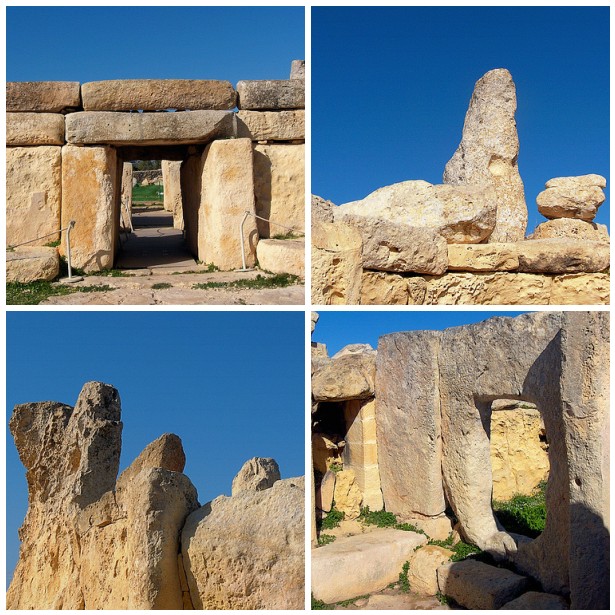
Neologism: Definition and Origins from Ancient Greek
Discover ‘neologism’, a term for new words or expressions, tracing its roots to Greek and symbolizing the dynamic nature of language.
But you don't know it

Philosophy originates from Greek word Φιλοσοφία (Philosophia). The Greek word etymology is philos (Φίλος means friend) + sophia(Σοφία – means wisdom). So the friend of wisdom is a philosopher. So everybody who seeks wisdom is a philosopher.

Discover ‘neologism’, a term for new words or expressions, tracing its roots to Greek and symbolizing the dynamic nature of language.

Unravel ‘polytheism’, the worship of multiple gods, a concept steeped in ancient Greek etymology and prevalent in various cultures.

Delve into the ‘Neolithic’ era, a pivotal time in human history marked by new stone tool developments, with roots in Greek terminology.

Explore the meaning and ancient roots of ‘sarcophagus’, a term for stone coffins with a unique flesh-decomposing history.

Explore ‘necropolis’, from Greek ‘nekros’ (dead) and ‘polis’ (city), a term for ancient, monumental cemeteries reflecting past cultures.

Delve into ‘necromancy’, from Greek ‘nekros’ (dead) and ‘manteia’ (divination), a mystical practice of summoning the deceased.

Delve into ‘catatonic’, a psychiatric term from Greek ‘kata’ (down) and ‘tonos’ (tension), describing a state of stupor or unresponsiveness.

Explore ‘history’, from Greek ‘historia’ (inquiry), a field dedicated to uncovering and understanding the human past.

Delve into ‘parallelism’, a rhetorical device from Greek ‘parallēlos’, used to create balance and rhythm in language and speech.

Explore ‘antithesis’, a rhetorical tool from Greek ‘anti-‘ (against) and ‘tithenai’ (to place), highlighting contrasts in speech.